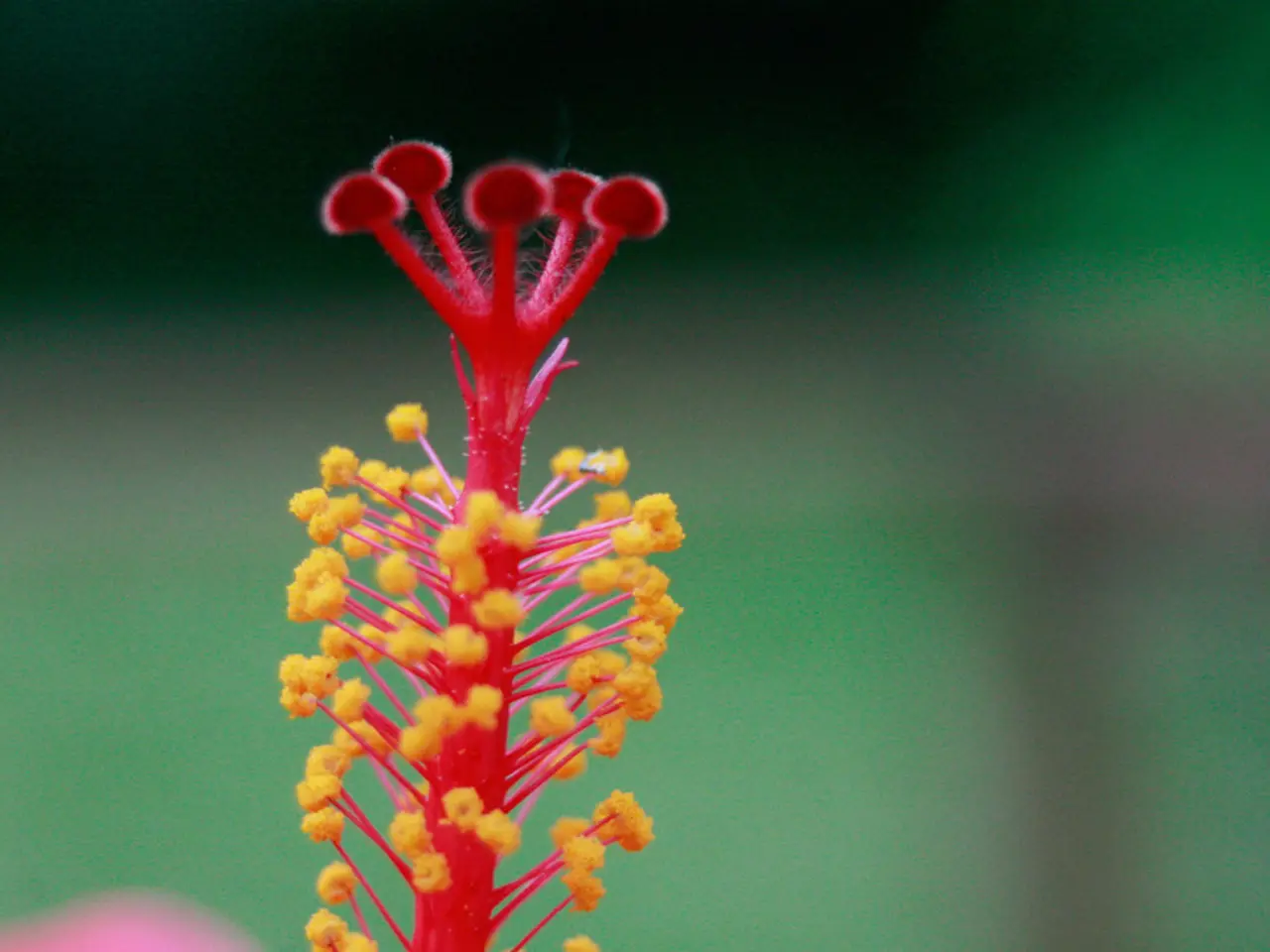Strategies for Managing Spring Allergy Symptoms
Spring allergy season is a challenging time for many, as symptoms like head congestion, coughing, irritated eyes, sore throat, itchiness, fatigue, and brain fog can significantly affect quality of life. This article explores the factors contributing to the severity of spring allergies and offers practical advice for effective management.
### Factors Contributing to Severity
1. **Pollen Type and Count**: Tree pollen, which is prevalent between late March and mid-May, affects about 25% of hay fever sufferers. High pollen counts, especially during high pollen years, contribute to worse symptoms. For example, 2025 is a high pollen year for tree pollen in the UK, leading to more intense hay fever symptoms.
2. **Weather Conditions**: Warm, sunny, humid, and windy days increase pollen dispersal in the air, worsening symptoms. Conversely, rainy days help clear pollen from the air, providing relief to sufferers. Pollen counts peak in the early evening on sunny days, which is when symptoms are usually more severe.
3. **Genetics and Immune Response**: A family history of allergies, asthma, or eczema increases the likelihood of developing allergies. This genetic predisposition causes an overreactive immune system that mistakes harmless proteins like pollen as threats, triggering allergic reactions. Initial exposure sensitizes the immune system, so repeated exposures intensify symptoms.
4. **Environmental and Climatic Factors**: Geographic location and local climate influence allergy severity. Southern U.S. states have higher outdoor allergy severity due to climate favouring pollen proliferation. Climate change also contributes by increasing the overall amount and duration of pollen seasons.
5. **Stress**: Chronic stress can worsen allergic symptoms by modulating immune responses, particularly increasing TH2 response, which is associated with allergy exacerbation. Effective stress management may improve symptoms in susceptible individuals.
### Effective Management of Spring Allergies
- **Medications**: Over-the-counter and prescription antihistamines, nasal corticosteroids, and decongestants can reduce symptoms effectively. Pharmacological treatments remain a cornerstone of allergy management.
- **Immunotherapy**: Allergy shots or sublingual tablets can help build tolerance to specific allergens over time, reducing symptom severity in the long term.
- **Lifestyle and Environmental Controls**: - Monitor pollen forecasts and avoid outdoor exposure during peak pollen times, especially early evenings on sunny days. - Keep windows closed on high pollen days; use air purifiers indoors. - Shower and change clothes after outdoor exposure to remove pollen. - Plan outings on rainy days or after rain when pollen counts are lower.
- **Stress Reduction**: Managing stress through relaxation techniques or counseling may alleviate allergy symptoms by reducing immune system overactivation.
In conclusion, the severity of spring allergies is primarily driven by pollen types and counts, weather, genetics, geography, and stress, with effective management combining medication, immunotherapy, environmental control, and stress relief strategies. It is essential to consult a healthcare provider for personalised advice and treatment options.
- Understanding the history of one's family's health, particularly regarding allergies, asthma, or eczema, can provide insight into one's susceptibility to spring allergies.
- A scientific study on health-and-wellness and lifestyle factors might reveal that stress, through its modulation of immune responses, aggravates allergic symptoms during the spring season.
- To combat the effects of high pollen counts during the spring allergy season, one might consider adopting a fitness-and-exercise routine that improves cardiorespiratory health and reduces symptom severity.
- Nutrition plays a crucial role in maintaining overall health, and a balanced diet rich in essential vitamins and minerals can help boost the immune system and ward off potential allergic reactions during the spring season.
- For effective management of spring allergies, one might consider implementing a skin-care routine to soothe inflamed eyes and nasal passages while dealing with seasonal allergies.




